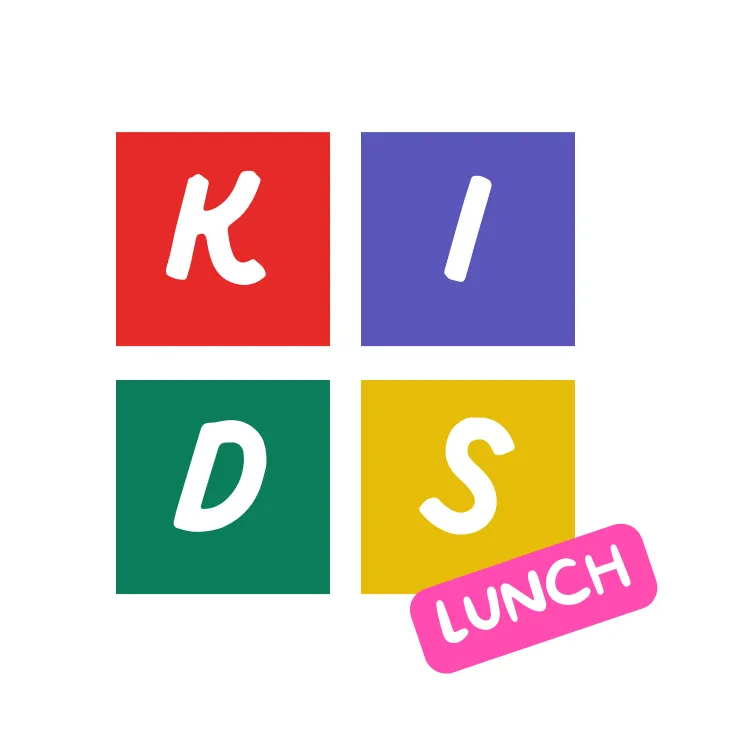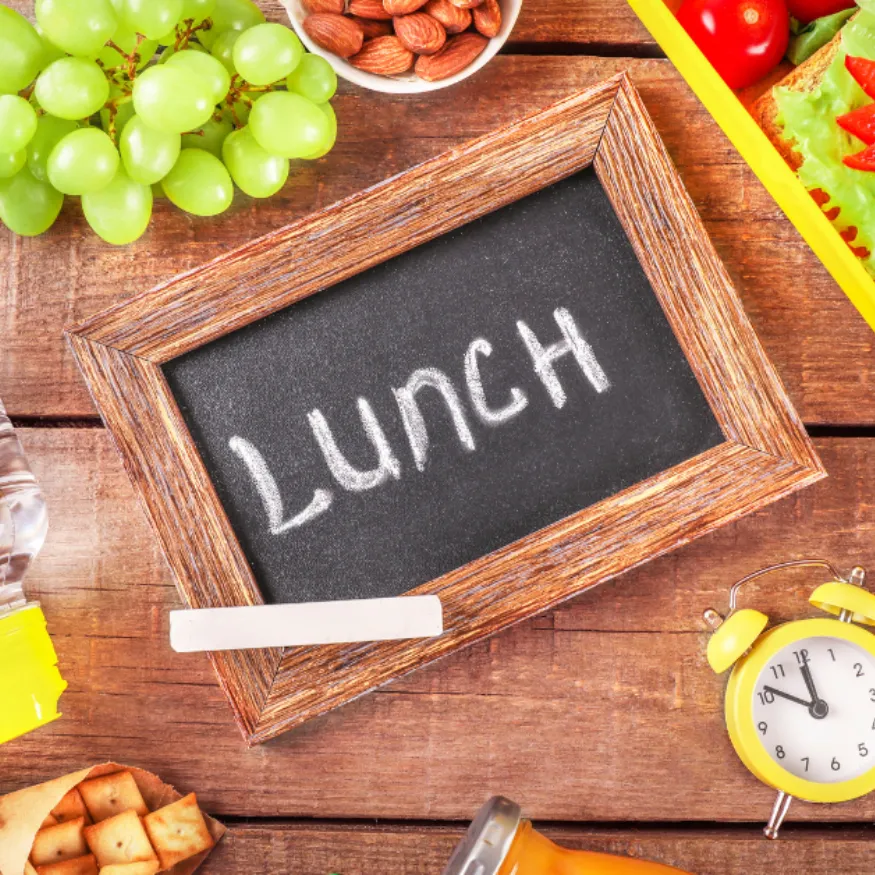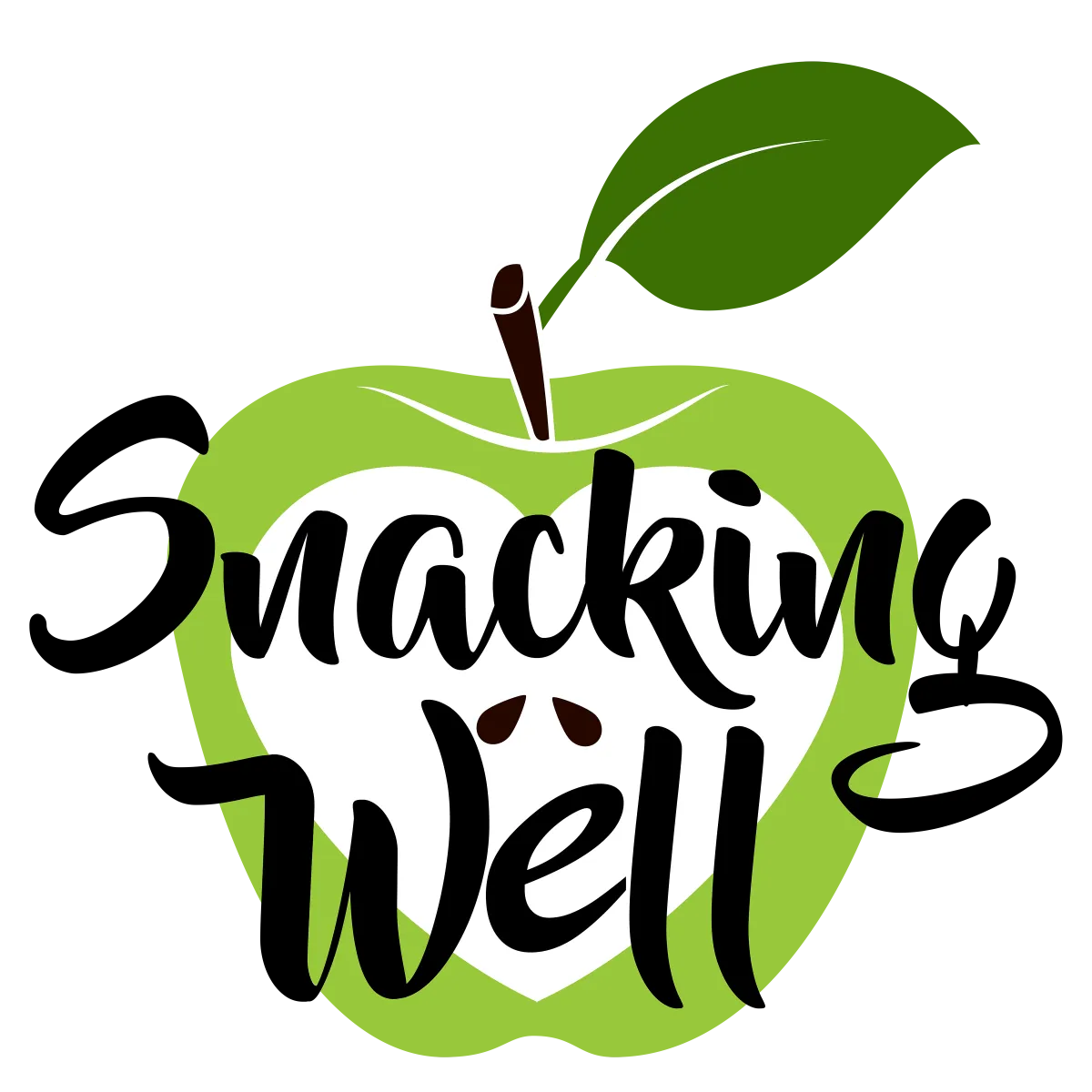KIDS LUNCHS MADE EASY
Customized Lunches Made Easy: Stress-Free Solutions for Every Child's Preference!
Snacking Well takes the hassle out of lunchtime for busy parents. Our personalized lunch service ensures that every child gets a meal tailored to their preferences, so you can feel confident that your kids are eating well. Say goodbye to lunchtime stress and hello to happy, healthy kids!


SAVE TIME AND SAVE MONEY
Let us take the guesswork out of mealtime! Snacking Well is here to provide you with convenient, nutritious meals tailored to your child's preferences. Say goodbye to spending hours planning and preparing lunches – we've got you covered!
WE ARE HERE TO FILL THE MISSING GAP!
Stop Wasting Food and Cash on items your Children do not eat! Revolutionize Mealtime with Quick, Healthy Solutions – Say Goodbye to Overspending and Stressful Prep!

© 2024 Community Groceries - All rights reserved
Terms of Service
Privacy Policy

Facebook
Instagram
Youtube
TikTok